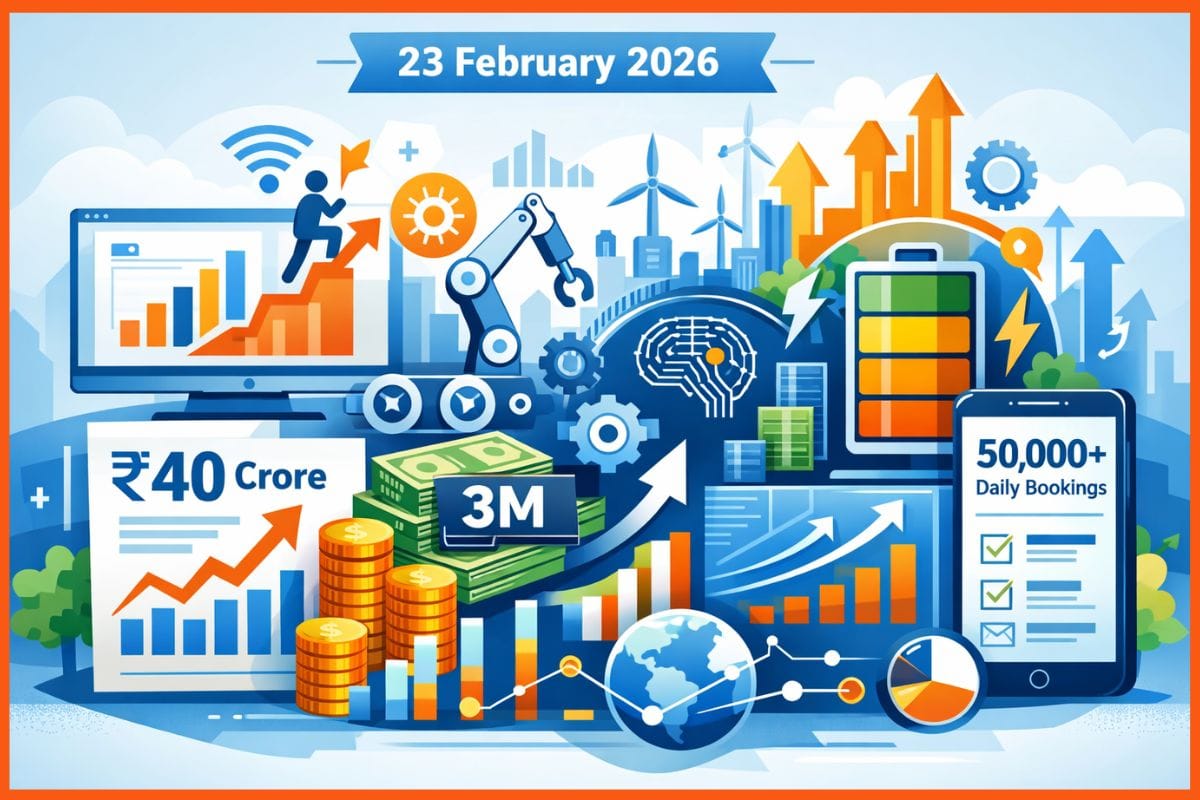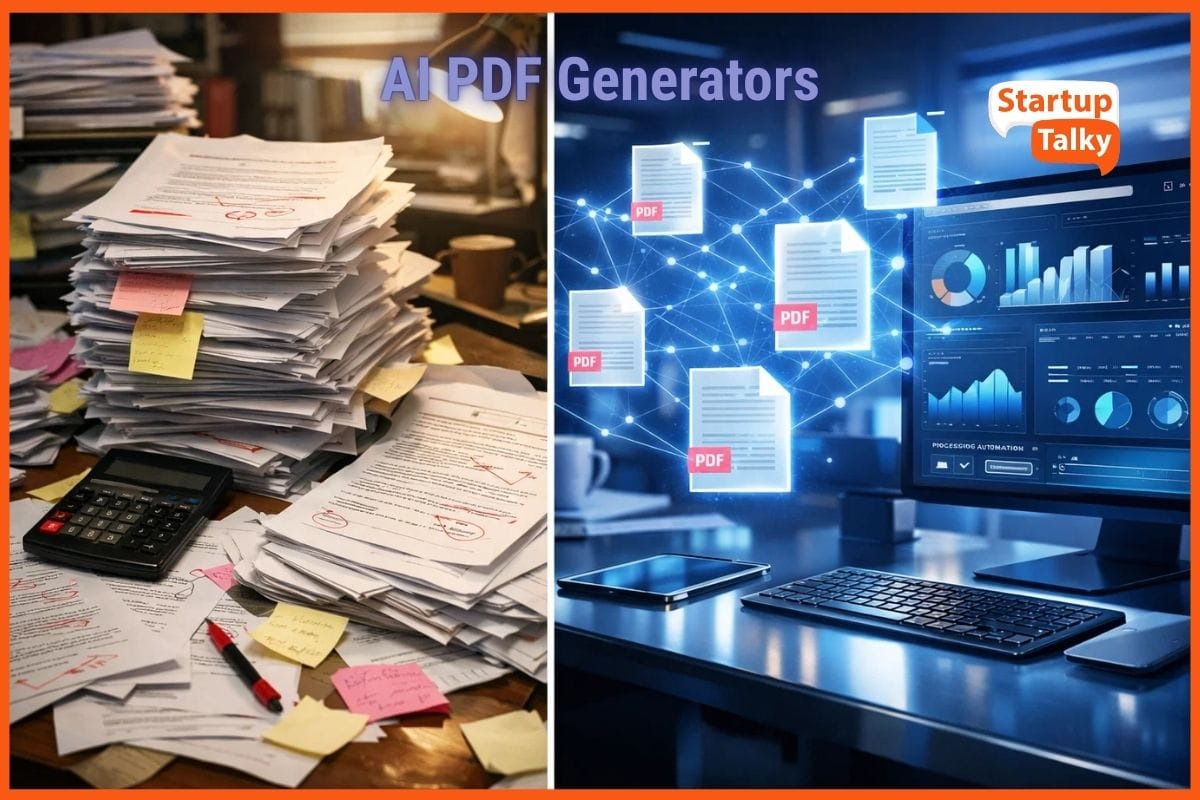Business Terms All Designers Should Know | Terms Used In Design Industry
📖 Learning
At present, design has gained popularity among people. Skilled designers
professionals in the various designing fields have become necessary for creating models. Designers can be of many types, graphic designing, fashion designing, automobile designing, web designing, virtual reality designing, art designing, interior designing, project designing in industry, etc.
If someone wishes to venture into the field of designing, which is, at present full of scopes, they should know about all the business terms related to this field. The best part about being a designer is that age doesn't matter in this profession. Even kids, teens, and old aged are designing successfully at present. Various designing courses are available both online and offline. While making a brand, the most crucial concept is design. A brand needs its products to be designed in such a manner that they will be well-liked by its users. Even logos need designers
to work. To become a successful designer, one must know the several business terms that a person should know before entering this field. These terms pave the path for large projects in the future. They promise an outstanding career in the field of design. Some of these key terms are:
Business Terms For Designers
User Experience
User interface
Competitive Advantage
Profit
Customer Experience
Artificial intelligence
Augmented Reality
User-Centered Designs
Demand and Supply
Information Architecture
Agile
Automation
Sprint
Scrum
Design Thinking
Disintermediation
Advertising
Focus on growth
Design system
Mockup
Fidelity Designs
Red Routes
B2B
Acquisition
Anirudh Mullick
Net
NPS
Conclusion
FAQs

Business Terms For Designers

Let's discuss all the business terms in detail.
User Experience
User Experience is referred to as UX. The term itself says, is the experience that the users have with the products used by them. Users or consumers are the most important part of the industry. They decide whether a product is good or bad depending upon the experience they had while using it.
User interface
User interface (UI) refers to the interaction between the user and the brand through its websites or other pages. The entire process is digital. A good user interface helps many people know about the brand or product and its features.
Competitive Advantage
Competitive advantage is a state where an organization or a business has an advantage over other companies in that field.
Profit
Profit refers to the difference between the cash used in raw materials and production and the amount gained by selling the product. Every company has a particular margin of profit.
Customer Experience
The experience of the customer with the product tells us if it succeeded or not.

Artificial intelligence

Artificial intelligence is something that helps in completing tedious jobs at ease. Robots are at present working in various designing areas and increasing the level of performance.
Augmented Reality
Augmented reality means that people can see the designs in 3D. It will also help to eliminate any problem that might occur once the product exhausts. It is at present in the developing stage and will benefit designers a lot.

User-Centered Designs
User-centred designs help to know what the user demands at a particular phase. It lets designers design products as per user preferences.
Demand and Supply
Supply and demand is the statistical data that lets us know the quantity of a product which should be sent to market so that the selling process does not incur any loss. Higher demand is when the supply of an item is low. Therefore, there is an increment in prices, which helps the company make profits from particular designs. Some designs earn the brand as limited editions. It is to increase the demand of the people even if they would have to pay a higher price for it.
Information Architecture
Information architecture refers to the basic foundation of our design.
Agile
One can notice Agile in the field of Software. It is the speedy delivery of knowledge, information, and items to the users.
Automation
This term refers to the use of computers and AI. The use of these technologies helps in the designing and sales of products.

Sprint
Sprint, as the name says, is quick. It is a less or short amount of time during which a designing team completes a job.
Scrum
Scrum refers to a simple framework that lets people solve the errors that might have taken place when designing a product.
Design Thinking
Design thinking is a process in which the designers come together to create a product. They also, sort out the problems that are associated with it.
Disintermediation
Disintermediation means selling the products or designs directly to the user without involving any broker. It helps to make a direct profit.
Advertising
Advertising is one of the most helpful and significant terms. At present, advertising is something that lets people know about a product. In the case of unique designs, advertisements allow people to want it more. Advertising is done through television, newspapers, online with official sites and various pages.
Design system
These are the rules or guidelines upon which form the basis of a design of a product. The company will be free from disagreement while creating a specific piece.
Mockup
Mockup is a model that is similar in size to the product. A mockup is used for presentation purposes and lets the user know how the product will look in 3 dimensions.
Fidelity Designs
Low-fidelity designs are like rough sketches. They are present to show the ideas and concepts of the creator's minds. They also represent how the creator wants the product to look. High-fidelity designs are functional models that look very similar to the finished product. They are at the end stage, where models tests take place.
Red Routes
Red routes are the designated pathways through which the users pass while using the designed products.
B2B
B2B is the acronym for business to business. It is the list of all companies that help together in the creation of a product.
Acquisition
The acquisition is a way of gaining or acquiring more customers to use the product.
Net
It shows the Net profit made by the company. Net profit means the profit made after neglecting the cost of raw materials.
NPS
NPS stands for net promoter score. It shows how happy customers are with a product. Customer satisfaction is closely related to it.
Conclusion
In the field of designing, imagination and practicality are our greatest weapons. A good designer starts from scratch and then strives to achieve perfection. The job which is of utmost importance at present has gained a lot of fans. From children to young adults to senior citizens, everyone wants to try out their hands-on animation. This job is gaining popularity in our country. Many different sites are offering online courses in design. Even designing schools are opening in great numbers to make designing aspirant's dreams come true. These business terms will help designers know how to handle their business and what part they should focus more on. In the professional sphere, these terms will assist them in extracting more profit. They will also help them to expand their business.
FAQs
What is a design in business terms?
Designing is the process of deeply understanding customer needs and expectations and then creating a product or service accordingly.
What are the types of designers?
- Web designer
- User interface (UI) designer
- User experience (UX) designer
- Graphic designer
- Product designer
- Motion graphics designer
- Industrial designer
- Art and illustration designer
What is the growth rate in design industry?
The global market of design industry reached a value of nearly $153.2 billion in 2018 and is expected to grow at a compound annual growth rate (CAGR) of 13% to nearly $249.5 billion by 2022.
Must have tools for startups - Recommended by StartupTalky
- Convert Visitors into Leads- SeizeLead
- Website Builder SquareSpace
- Run your business Smoothly Systeme.io
- Stock Images Shutterstock






